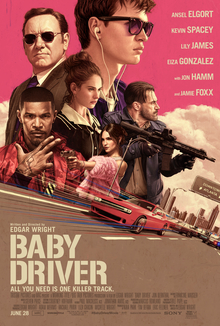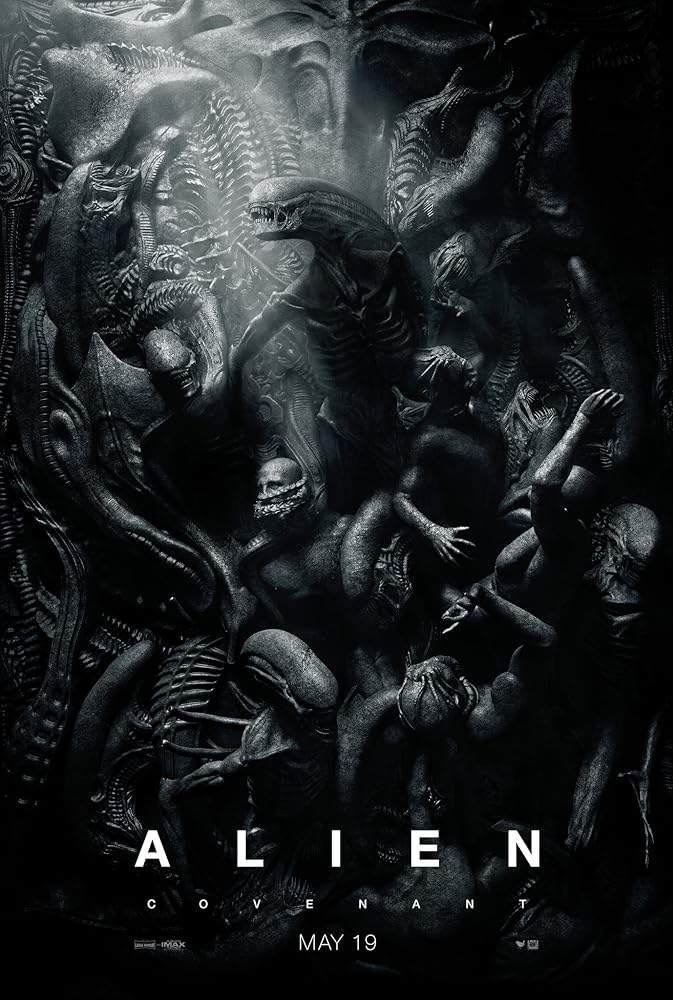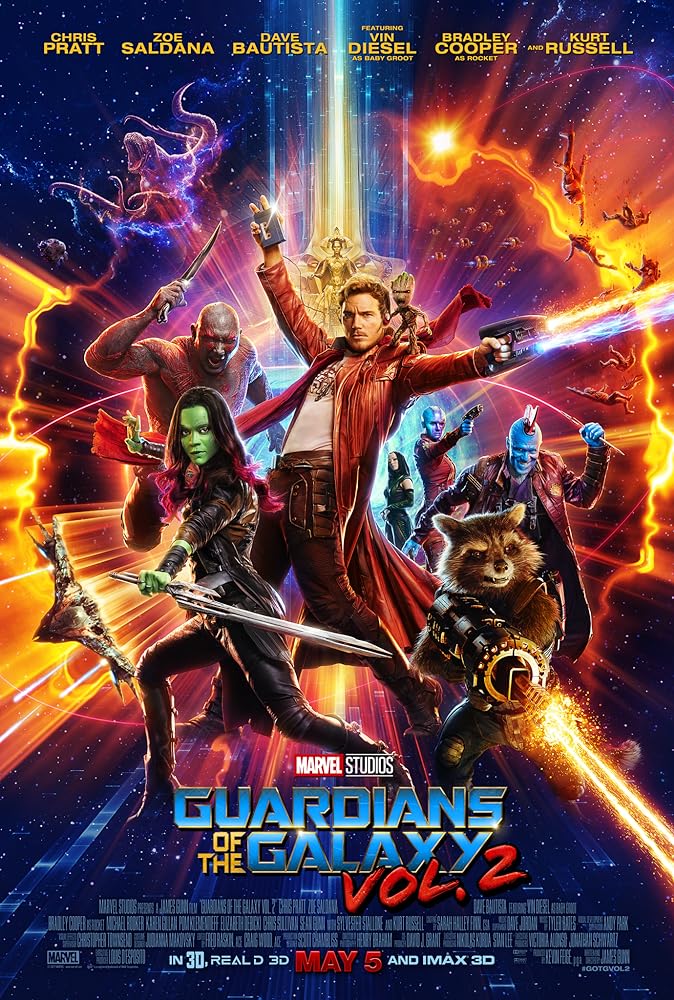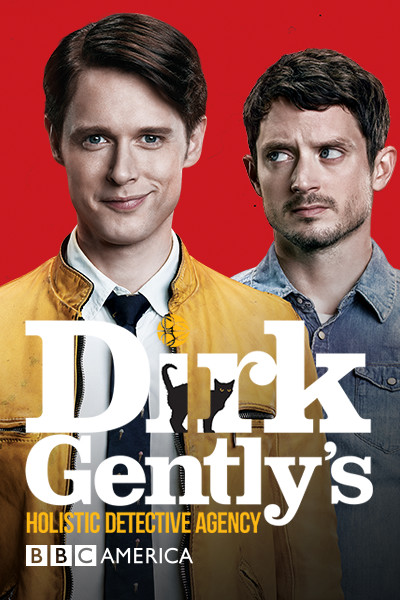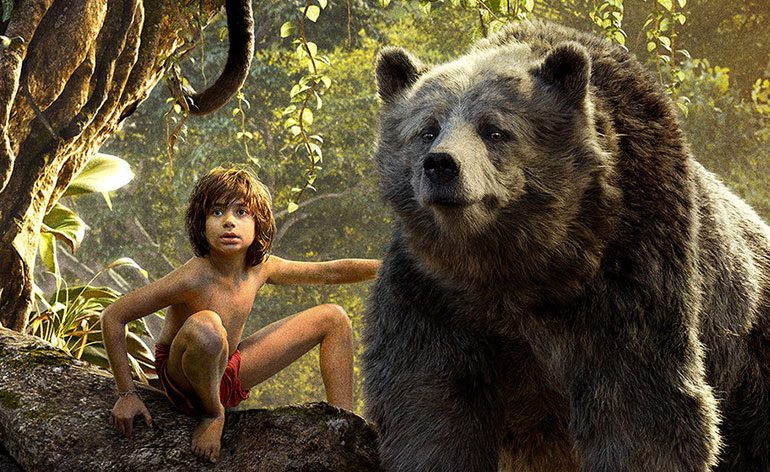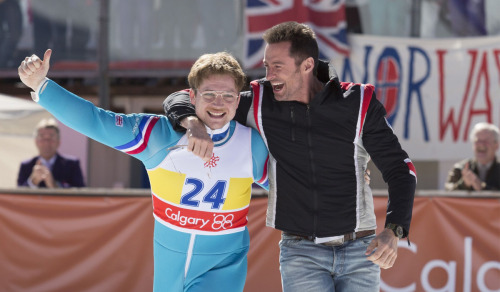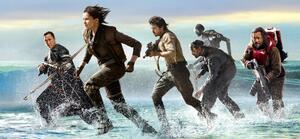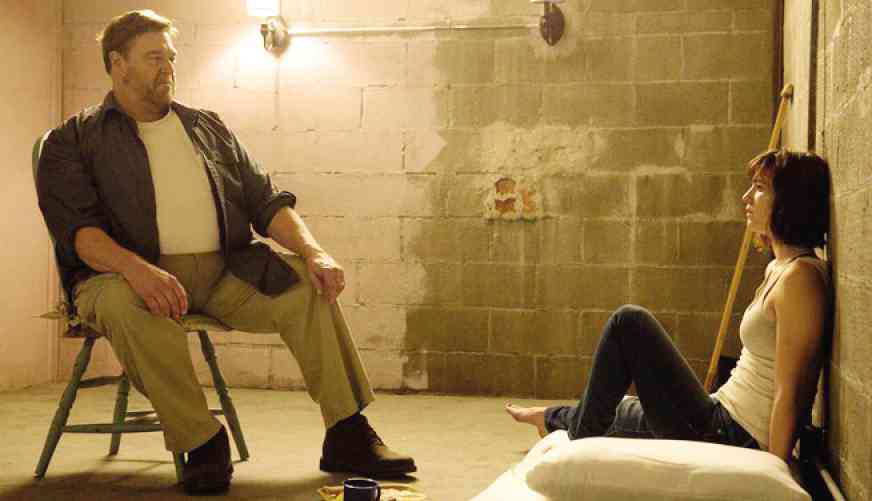In which I talk at great length about all things Star Wars and weigh the pros and cons of the Special Editions.
Some time ago, in preparation for
Rogue One, my wife and I decided to marathon the Star Wars films over a few days using the now popular
Machete Order. The following are a few thoughts that came to mind as we went through the Star Wars saga.
- I personally think Machete Order is best done in two-film chunks. Following up The Empire Strikes Back (still the best Star Wars, in my opinion) with Attack of the Clones feels like an awful mistake
- I think Episode II could easily be removed from Machete Order entirely, and still make sense for a complete newcomer. Revenge of the Sith contains all of the context clues necessary to understand the Anakin Skywalker story arc, and anyone who wants more detail can go back and watch Episode I or II later.
- The only reason anyone thinks Episode II is better than Episode I is that people felt a bit cheated by Episode I, and felt that Episode II redeemed things somewhat by having more action and drama.
- Out of all the prequels, Episode III feels the most like a real Star Wars movie.
- I think it's funny that when we first encounter Jabba the Hutt (I'm not counting Episode IV, see below) he's high as a kite.
- There's an interesting contrast that happens going from the darkness of Revenge of the Sith into the much more lighthearted Return of the Jedi. Seeing the story in a different context is fun for an old time fan like myself.
Now, let's talk about the Special Editions.
For some of you younger readers, this may be the only version of Star Wars you know. Being from an older generation, I remember a time when we had VHS copies of the original, unaltered cuts of the films. In 1997, George Lucas decided he wanted to go back and change some things, since the technology had caught up to his ambitions in the late 1970s. This event is very similar to Steven Spielberg's infamous 'walkie talkie' edit of E.T. on DVD in 2002, which he later admitted was a
mistake. The same, however, cannot be said for Lucas. For many years now, the 'special edition' Star Wars films have been the only ones available on the market, and are now considered canonical. I personally think this is a shame and insulting to all of the hard working effects people who made the original Star Wars films what they were. Film fans should be offered at least the option of purchasing the original cut or the enhanced version, but it's just not something you can't find out there, except for a few ambitious internet
fan projects.
So, what's so bad about the special editions, you say? Well, let's start with Episode IV. To begin with, the CGI effects are obviously inserted, and carry the stink of things we would later see in The Phantom Menace. There are goofy background slapstick moments for no real reason, which I find messes with the tone of the film. The Jabba the Hutt scene is completely unnecessary to the story, and in my opinion, out of character for Jabba. I don't think it's reasonable that Jabba would take the time and resources to track down Han Solo just to remind him he owes him money, especially when he's clearly hired thugs to capture/kill him. Speaking of Greedo, the decision to have him shoot first rather than Han, as in the original cut, is one of the biggest problems with the special edition cut of Episode IV. Not only does it change the audience's perception of Han from a dangerous scoundrel to an okay guy with some money trouble, but it also makes Greedo look like a pathetic fool with worse aim than your average stormtrooper! It's a huge disservice to both characters, and makes me all the more sad that for some, Greedo shooting first is the only version they've ever known.
The Empire Strikes Back, by contrast, seems to be the only film that actually benefited from the special edition treatment. The additions to Empire include some extra footage for the wampa scene, and more detail in the Cloud City sequences. The rest of the film is cleaned up, and for the most part, not altered significantly.
Then, we come to Return of the Jedi. Like Empire, much of the film remains intact, but unfortunately, the film suffers badly for the new ending. I'm willing to forgive the little song and dance in Jabba's palace, but the complete alteration of the ending of Return of the Jedi is inexcusable. First of all, there's a conversation Luke and Leia have about their mother that, because of the prequels, now makes no sense at all. Then, we are force-fed a different ending from the classic 'Yub-yub' song many of us grew up with. Not only that, but Naboo is included in the celebration montage, seemingly for no reason other than to say "Hey, remember The Phantom Menace? You really loved it when you saw it the first time, right? Right??" As if all that wasn't enough, just before the end credits roll, we see the smirking face of Hayden Christensen. I find this an incredible insult to Sebastian Shaw, who performed the Darth Vader death scene so well.
So, considering all of this revisionist history, which (outside of films like Blade Runner) hasn't been done so dramatically since, what are we left to think? My personal theory is that something happened to George Lucas along the line that changed his personality. Somewhere between wrapping up on Return of the Jedi and the Special Edition era, I believe that Mr. Lucas began to want more money, and above all, more attention. I think this is why, instead of making a new film, George Lucas decided to use his legacy to his advantage, dressing up his old films that really didn't need any kind of changes. As the years passed, Lucas seems to have become more and more alienated from his fanbase, He now seems to be the equivalent of the bitter, divorced dad, desperately trying to win his child's approval. His
comments after the recent Lucasfilm/Disney merger reflect this.
Before anyone gets the wrong idea, I am a big fan of Star Wars. I fully respect George Lucas for bringing the modern mythology of Star Wars to the big screen. My problem is with the man Lucas has become in the past few decades. I'm not offended that Lucas decided to change his films. As the director, that's entirely his right. What bothers me is that I, as a film fan who grew up with Star Wars, have been denied any option to see the original cut. The films I grew up seeing, in their original form, are now relics of the VHS era, in an age when some people don't even know what VHS is. With the new Disney merger, it's my hope that the original cuts of Star Wars will one day be available in stores, but I'm still not holding my breath for it.
Outside of the courtroom, the concept of ownership of a film is somewhat debatable. While it certainly belongs to the director, it also belongs to its audience. The idea of changing a wildly popular film that has existed in one form for several decades is a bold one. To further that, and systematically remove any trace of the previous version feels almost tyrannical. George Lucas is one man, and there are millions of Star Wars fans across the globe. How many people have to tell you the odds, George?
